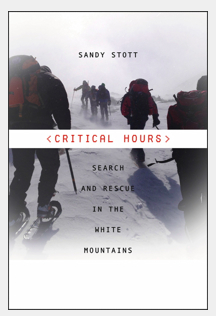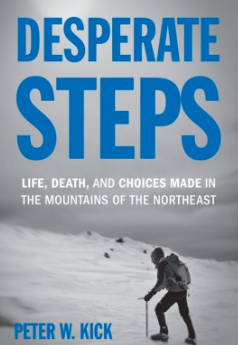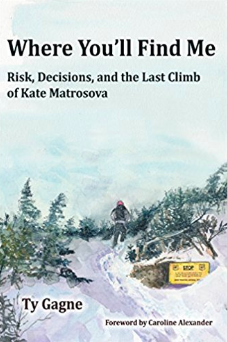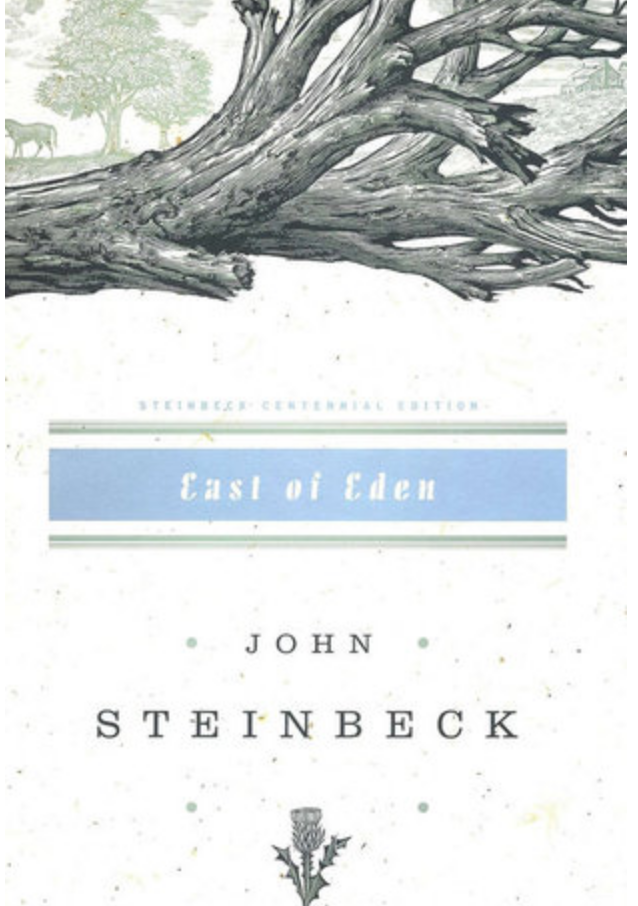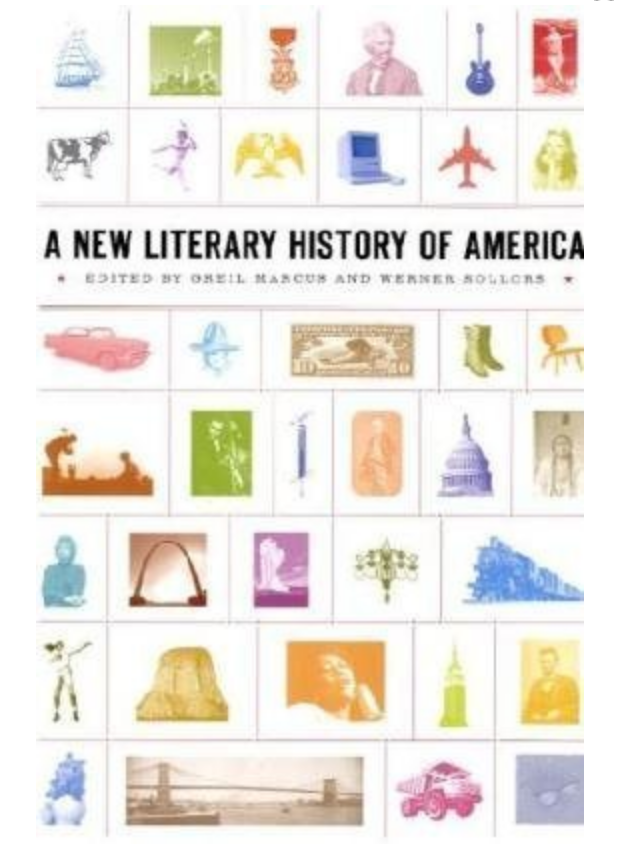Today I got the Gibson’s Bookstore newsletter and learned about a new search and rescue book, Critical Hours: Search and Rescue in the White Mountains by Sandy Stott and he is coming to the bookstore next week for an author event. This book will be a perfect next-read after I finish Not Without Peril for this month’s themed reading about rescues in the White Mountains.
I did a bit of research and Sandy Stott is a teacher, editor and ultra runner. In one article he wrote he talks about how trail running is the new endurance event for people looking to push their limits so there are much more runners on hiking trails (and that they are rescued less). I’m looking forward to attending the event and buying his book.
I’m still reading Desperate Steps and it’s really good. The stories are so intriguing and at times I’m actually holding my breath waiting for the rescue teams to arrive. I can’t put it down even though my eyes want to close and go to sleep (I tend to read at night). Many of the stories brought me to tears when a hiker/climber dies. Mathew Potel Foundation. I admire the rescued hikers and the other survivors who let Peter Kick tell their stories in this book to educate others. I particularly like the detailed information about how each search was executed and communicated between each organization; it’s what I enjoyed so much about Ty Gagne’s book about Kate Matrosova. Interesting connection that I just learned: the article I reference in this post is written by Sandy Stott.
P.S.
Last week’s training (read: giggling from happiness from the number of hours and actually feel pretty darn good on Sunday night).


